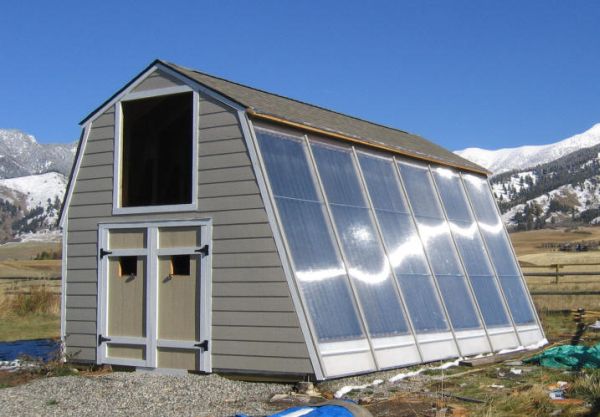Have you ever realized that the mere existence of a person, animal, a vehicle, or any organization actively contributes to the total carbon content in the atmosphere? This, in turn, leads to an overall increased production of greenhouse gases all over the world. Each one’s contribution to the growing carbon content in the atmosphere is termed as ‘Carbon Footprint.’
Owing to the issue of global warming, it is best to keep your carbon footprint at the minimal. You can reduce your carbon emissions by altering your lifestyle, one step at a time. Walking, cycling, making use of organic stuff, and adopting similar methods will bring down your carbon footprint considerably. Check out how you can reduce your carbon footprint further by making necessary effective changes in your diet.
- Go vegan:

A vegetarian diet leaves the least amount of carbon footprint behind. It has been scientifically proven that people who are complete vegans pose minimal threat to the environment. Mat requires packaging, processing, and storage and releases plenty of GHG emissions in the bargain, adding up to its carbon footprint. Go completely vegan if you are serious about keeping a check on your carbon footprint.
- Say no to processed foods:

This is, by far, the most obvious reason of greenhouse gas emissions. Processed foods take up too much from your environment leaving behind a big deal of carbon. The longer your food travels, the higher your carbon footprint gets. Prefer crops grown on your local farms near your home so that you can easily cut down on your carbon footprint content.
- Curb your beef intake:

Beef is, perhaps, the only meat product that emits the highest carbon. Beefeaters are known to leave behind more carbon footprint than vegans or mutton and chicken eaters. Cut down on your beef intake and opt for other forms of meat instead. You can consume seafood or go vegetarian if that sails your boat. You need not cut off your non-veg intake completely. Just reduce it and keep it to a minimum for the sake of the planet.
- Consume organic stuff:
 As mentioned before, processed foods do nothing but raise your carbon footprint. Prefer vegetables and fruits from your local market instead of the highly imported ones. Better still, you can grow your own food in your backyard and live off it. That way, you can be assured that your food is free from contamination, is organic, and is not contributing to your carbon footprint at all.
As mentioned before, processed foods do nothing but raise your carbon footprint. Prefer vegetables and fruits from your local market instead of the highly imported ones. Better still, you can grow your own food in your backyard and live off it. That way, you can be assured that your food is free from contamination, is organic, and is not contributing to your carbon footprint at all.
- Eat seasonal foods:

Seasonal foods, which are grown in your area, are not brought to you from afar. It is the time of their cultivation and hence they are available to you. Eating such foods ensures that your carbon footprint is in control. For instance, if mangoes are not readily available in your country in a particular season and you import them from another country just so that you can relish the pleasure of eating a mango, it will only add to your carbon footprint. Do not make that mistake. Consume only organic foods that nature makes available to you at any given time. You can store or refrigerate these foods in your own home even past their season.
- Keep a tab on your waste:

Do not create more waste than is healthy for the environment. Prefer recycling old things and bring them to use than just dumping them away. Products like plastic and thermocol that are not biodegradable simply add to the carbon content in the atmosphere, doing absolutely no benefit to it. Consuming more organic foods will even give you plenty of organic waste that can be employed for the best.
These practices will not show their desired effects immediately. You need to be patient and consistent in order to make an effect on your surroundings. Your carbon footprint will reduce considerably over time. But till then you need to stick to your vegetarian diet and not go back to being a non-vegetarian if you are concerned about your carbon footprint. Remember, it starts with one but takes the entire community as a whole to make a difference. Do your own part diligently, and the desired consequences will eventually follow.



